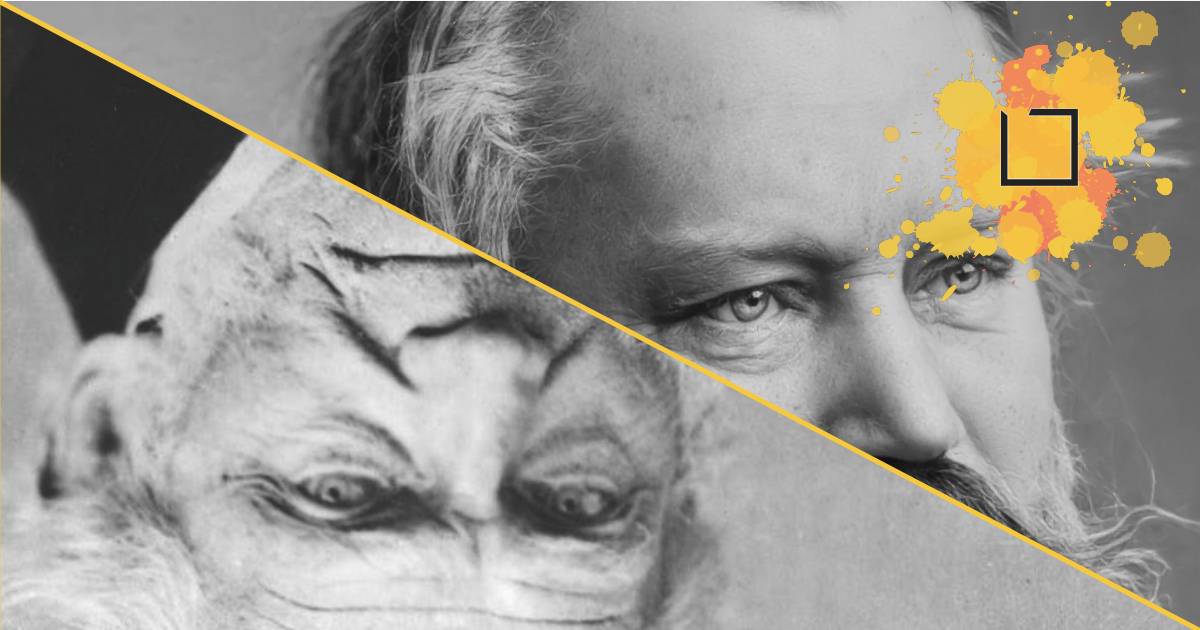
Brahms vs. Schopenhauer
Johannes Brahms, the eminent composer of the Romantic era, and Arthur Schopenhauer, the profound philosopher of the same epoch, shared a unique resonance in their artistic and intellectual endeavors.
Brahms, renowned for his mastery of symphonic and chamber music, embodied the spirit of musical Romanticism with his rich harmonies and poignant melodies. Schopenhauer, on the other hand, delved deep into the realms of metaphysics and aesthetics, offering profound insights into the nature of human existence and the power of art.
What connects these two luminaries is their shared appreciation for the profound depths of human emotion and the existential quest for meaning. Brahms' compositions, characterized by their emotional depth and introspective quality, echo Schopenhauer's belief in the primacy of the will and the pursuit of aesthetic experience as a path to transcendence.
Schopenhauer's philosophy, with its emphasis on the universality of suffering and the redemptive power of art, resonated deeply with Brahms' creative ethos. The composer's music often explores themes of longing, melancholy, and resilience, echoing Schopenhauer's view of art as a refuge from the struggles of existence.
Moreover, both Brahms and Schopenhauer shared a reverence for classical traditions while also pushing the boundaries of their respective disciplines. Brahms' compositions, deeply rooted in classical forms yet imbued with a Romantic sensibility, embody a similar tension between tradition and innovation that Schopenhauer articulated in his philosophical works.
In Brahms' Symphony No. 4 or his monumental German Requiem, one can discern a profound philosophical undercurrent that reflects Schopenhauer's contemplation of life's transience and the quest for inner peace. Likewise, Schopenhauer's philosophical treatises, such as "The World as Will and Representation," resonate with the existential themes and emotional complexities embedded within Brahms' musical tapestries.
While Brahms and Schopenhauer may not have directly interacted or acknowledged each other's influence, their parallel pursuits of exploring the human condition through art and philosophy illuminate a shared quest for deeper understanding and meaning in the face of life's complexities.
In conclusion, the connection between Johannes Brahms and Arthur Schopenhauer transcends mere historical proximity, embodying a profound intersection of artistic expression and philosophical inquiry that continues to inspire and captivate us today.
News,Extra


